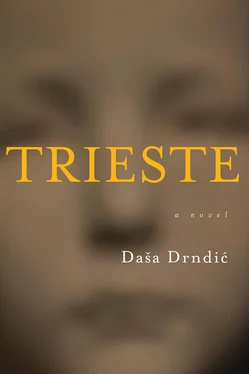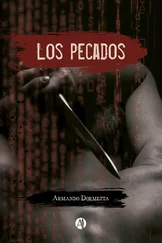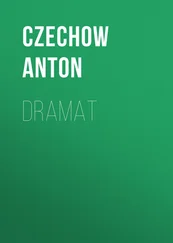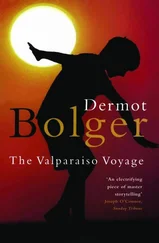Ah, yes, Haya also remembers Marika Rökk, the Hungarian, who conquers the great compact heart of Nazi Germany in Die Frau meiner Träume, Leichte Kavallerie and Der Bettelstudent; who dances and sings and acts in the movies until the 1960s, when she does the same in theatres here and there, everywhere, but the troupes with which Marika Rökk performs do not tour Gorizia, and all Haya is left with is a poster from 1944 and a tinge of melancholy when she hears over the local Gorizia news of Marika Rökk’s fatal heart attack at some point in 2004, by which time Marika Rökk is well into her nineties. She takes with her to eternity the jubilee Bambi Award 1948 and the jubilee Bambi Award 1998, named after the much-loved book by Felix Salten, born Jewish as Sigmund Salzman, who begins his career as a writer by sending poems, letters, stories and essays to several Viennese newspapers, using an array of pseudonyms. Bambi, the book of Haya’s and Nora’s childhood, is a big hit when it comes out in Vienna in 1923, and for a decade and more children are crazy about Bambi , but it is suddenly banned in 1936, because the Nazis decide it sends the younger generation all sorts of terrible messages, and no filthy Jew is going to stir up their fount of life. So Bambi was not a childhood favourite for Haya’s sister Paula and her brother Orestes, who listen instead to the tales of Snow White, Cinderella and Little Red Riding Hood, because these are enduring stories, written by brothers whose last name is Grimm (not someone whose surname is Salzman), boys of fine, pure blood. This Salten is a prickly fellow. In 1902 he riles the public with his in memoriam to Emile Zola, and in 1910 he ruffles the feathers of the townspeople of Vienna when he criticizes the city’s recently deceased, beloved mayor of many years Dr Karl Lueger, a member of the Christian Social Party and a flagrant anti-Semite, a favourite of Hitler’s, whose bronze statue stares straight into Café Prückel, where celebrated cabaret artists — Jews — performed in the cellar before they were sent off to the camps, and whose ring road, the Dr-Karl-Lueger-Ring, still encircles the heart of old Vienna.
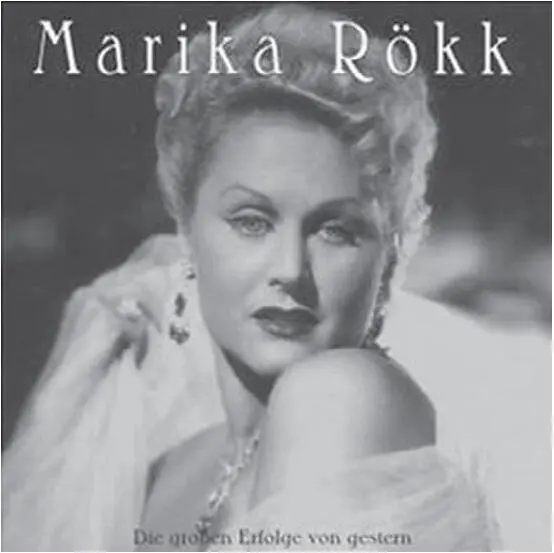
So it is that Marika Rökk goes off into oblivion with an award for life’s work; for her contribution to the German film industry. It is not important, concludes Haya. Chaos rules everywhere, regardless.
Then there is María Mercader in the film Finalemente soli, and Doris Duranti as Contessa Castiglione, and Ernst von Klipstein, whom Haya doesn’t like much because of the long face, and the celebrated Margit Dayka in that movie, what was it called? in which she plays an orphan who learns when she grows up that she is probably Jewish, so she cannot marry her boyfriend, who, like all those actors, is tall and fair-skinned and healthy and strong and has gleaming white teeth, and she loves him so much, and he is forbidden from loving any Jewish woman, no matter what she looks like, even though there are blonde Jews who are tall and healthy, with teeth every bit as white, but there is no chance, absolutely out of the question, and then the girl, Haya thinks the name was Rozsi, yes, this Rozsi played by Margit Dayka plans to kill herself, but everything turns out fine in the end, because it transpires that Roszi is actually not Jewish after all, so she can freely marry her beloved. Such a tender film gives Haya hope for a more beautiful life on those bleak nights in Gorizia. In 1944 Haya is dreaming about the future, sometimes while under the covers, sometimes in the darkness of half-empty cinemas; while up there, on the silver screen, which grows and spreads in the dark, stare countless penetrating blue eyes, men’s and women’s eyes, and she looks back at them, and observes all those mother-of-pearl complexions, the wavy hair, and follows the valiant destinies, Lord, what a world of enchantment in the middle of little occupied Gorizia, in mid-winter, oh Lord, with all of them here it is impossible to be alone.
Meanwhile, neighbours are disappearing.
Francesco Bevk (who lived for a time at Via Montesanto 26) is no longer around, says Amalia Valich, new owner of the building, and Ada cannot find his children’s book, the one in Slovenian, and she would really like to find a copy, because now that she is drinking grappa and Strega more often and hiding it less, so much so that even spraying her mouth with cheap perfume doesn’t mask it, now, when things are as they are, in war and poverty, the voices of her ancestors, the poems her mother Marisa used to read to her, flit through her thoughts, and it happens that Ada lies there for hours, overcome and whimpering, and then, dishevelled and snivelling, she natters on about things no-one understands…
Nemiren sem, ko voda, ki šumi,
razbit ko slap, ki v brezdno moč prši
in sam si šteje kaplje bolečine,
ki padajo vse dni, vse dni … *
Today in Nova Gorica, something Haya knows, the central square is named after France Bevk, and there is a statue to France Bevk there, and the library there is also called France Bevk Knjižnica.
Costatino Costatini, the architect who used to live at Via P. Diacono 51, has apparently moved away somewhere, Florian Tedeschi says one morning, sweetening his coffee with condensed milk, which he gets through a contact, though in limited quantities, fifty grams per person every month. I was thinking about building a partition to divide the children’s rooms .
Carlo Hakim de Medici, a sculptor who lives at Via Petrarca 3, does not mange to finish work on the tombstone for Ada’s father, Bruno Baar; at the clinic of Ada’s and Letizia’s family doctors, Luigi Bader and Glauco Bassi, the patients are received by some new doctors. Giovanni and Luigi Fuchs, the goldsmiths at Via Rastello 28, do not seem to be opening their shop.
Enough! says Florian Tedeschi and turns up the radio, because it is 2 p.m. and they are broadcasting the giornale radio in lingua tedesca on 263.2 megaherz.
Life knits circular pathways. It submerges in a repetitiveness without which it would die. Like her mother Marisa twenty years ago and more, Ada bakes crescent rolls and macaroons, and takes them to the club at the Aosta barracks on Via Trieste, although the image is a little blurred, because Ada’s hair doesn’t ripple; Ada has limp hair with no shine and Ada does not sway her hips provocatively, and her shoes are old and all of it, all the palaver that for twenty years has stretched like thin, sticky dough, the smiles drawing out the lips, the wait for life to begin, all this is beating Ada down, she doesn’t feel like doing much any more, there is no music in the house, no-one sings, not even Gigli. Colonel Scharenberg, commander of the German forces in Gorizia, awaits Ada with a smile, slips his hand into the napkin-covered basket, as if preparing for seduction, stuffs two rošćići cookies into his mouth, and says Danke as he chews. The sweet crumbs dance mischievously on his whiskers. Ada points to them and says, Staubzucker . The same way each time.
Transports have been running for a long time now.
Quietly, almost conspiratorially, the freight trains run through Gorizia at night, when the moon draws a black veil over its face. Gorizia is blocked. One can enter or exit only with special permission from Gauleiter Globočnik, which means almost never. The names of the residents are put on lists. There must be order. Colonel Wellhausen, commander of the operative zone, issues a directive on 23 September, 1943, according to which all who have moved to Gorizia since 8 September must leave.
Читать дальше
